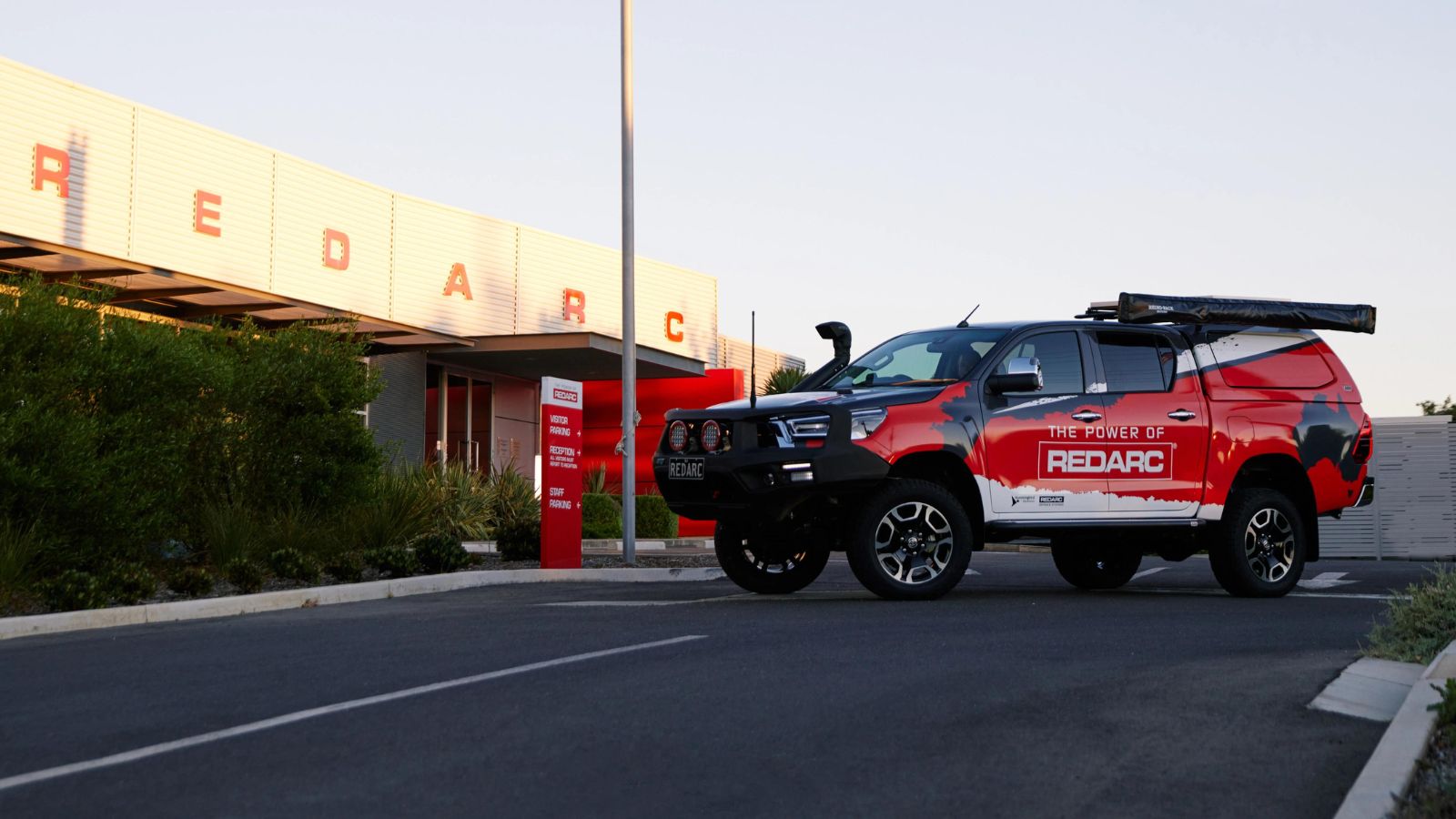Many manufacturers “are just dabbling in B2B ecommerce,” says Karie Daudt, senior commerce consultant at agency Perficient Digital.
When the economic times are good, many manufacturers don’t want to change a process that’s working for them—such as by introducing ecommerce as an alternative to their sales force in the field.
And how far along they are in digital commerce has a lot to do with the average age of the B2B customers they sell to, she says. In industries like computers and electronics, which tend to have younger buyers, manufacturers overall are further into ecommerce. In automotive, where B2B buyers tend to be older, digital commerce among manufacturers is not as common.
Without the prodding of buyers who want a digital customer experience, manufacturers are typically hesitant to go digital, Daudt says. As a result, B2B ecommerce initiatives vary widely by industry and by company, in large part because many manufacturers are traditional and slow to change, she says.
Taking years to transition to ecommerce
“In general, manufacturers are excellent at making things but not so great at being agents of change,” Daudt says. “When the economic times are good, many manufacturers don’t want to change a process that’s working for them—such as by introducing ecommerce as an alternative to their sales force in the field—and in bad economic times they get conservative and don’t want to invest in new initiatives.”
It may take as long as five to seven years for B2B ecommerce to really take hold among all manufacturers as a group, mainly because many procurement and purchasing managers are older, have been on the job a significant number of years and are less likely to make wholesale changes for new digital operations within their organization, Daudt says.
Today the average procurement manager is about age 47, according to DataUSA.com. Many procurement managers have been on the job for a long time, says a survey of 3,067 purchasing and procurement managers by PayScale.com. The survey found that 70.9% of purchasing managers described their work experience as being at least “mid-career” (five to nine years of experience), including 28.9% as “experienced” (10 – 19 years) and 14% as “late-career” (20 or more years).
While it’s hard to find data on how many purchasing managers will retire over the next five to seven years and how many millennial professionals (age 23 to 38) there are, the average age of buyers is a driver of how quickly some manufacturers and industries will implement full-scale B2B ecommerce, Daudt says.
“In industries such as computers and electronics, the average purchasing professional is much younger than in many older industries, such as automotive“, she says. “There are industries like information technology where the manager doing the purchasing is younger and wants the buying process to be very digital, and that’s a reason manufacturers like Proto Labs Inc. and Cisco Systems Inc. are doing from half to all of their sales online,” she says. “Age does play a big role in how fast some manufacturers and industries will have B2B ecommerce on a significant scale.”








